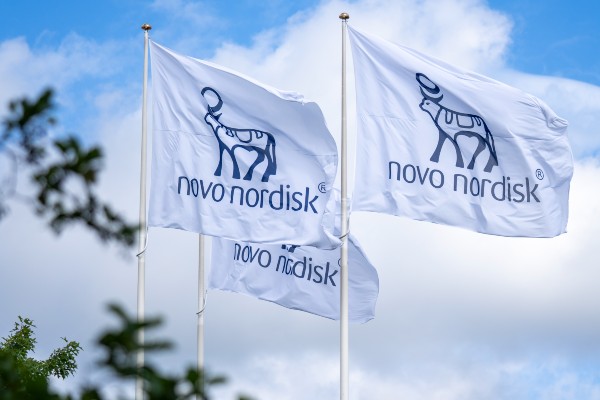The Governor speaks English
Well, you were warned. The latest dose or irrational exuberance has sent the FTSE 100 shares up by 200 points with probably a bit more to come. Congratulations to those who defied the markets and their jangling nerves to buy shares below 6,300. You may not get the chance again for some time.
I mentioned in my previous two columns that the fall below 6,300 points presented buying opportunities. I must be honest and say that I have been sitting on the side-lines in frustration, already fully invested with certainly no thoughts of selling out in the panic.
I was actually hoping the market would slide a bit further until a batch of dividends I am due to receive this summer came through and I could put the cash to good use. Now it is too late and I shall be very reluctant to come in above 6,400 points.
Just as the stock market was wrong to dive after warnings that quantitative easing will start to taper off in the US – a sign that the economy there is beginning to stand on its own two feet – so it is way over the top for shares to leap so high on news that interest rates in the UK and Europe will be held at artificially low levels for the foreseeable future.
Let’s take Europe first, as that is the easiest to dismiss. It really does not matter what European Central Bank president Mario Draghi says about interest rates. The Eurozone crisis has flared up again in Portugal and Greece and there will be more rumblings in those two countries and elsewhere before the year is out.
The miracle is that anyone would want to buy sovereign bonds in the crisis countries at any price and Draghi will be overwhelmed if (or should that be when) the tide swamps him. So Europe remains an ever-present threat to stability.
I have much more cheery things to say about the arrival of Mark Carney as Governor of the Bank of England, where he has wasted no time in starting to live up to high hopes. Some commentators had suggested that he would not do much at his first meeting of the monetary policy committee, waiting to get the feel of things.
That always seemed a fanciful idea. If he’s as good as Chancellor George Osborne thinks, then he would surely be fully up to speed from the start. And so it proved, with Carney making clear that interest rates will not start to rise by the end of next year.
The importance of this pronouncement is not the significance for interest rate rises but the fact that Carney is going to be up front and ahead of the game. The daft old days when it was a badge of honour for Chancellors of the Exchequer to catch markets out with surprise changes in interest rates are gone. So too is the silly pleasure that the Bank of England took in talking in riddles that only economists could work out.
Carney is understandably cautious about how quickly the economy will pull out of recession despite initial indications of 0.5% growth in the second quarter. Recovery has been weak, he says. You can’t argue with that. Recovery hasn’t even started properly yet. He says that ‘a degree of slack is expected to persist for some time’.
He may be looking a little on the gloomy side, leaving room to upgrade hopes rather than dash them. If that proves to be the case, then we will ultimately see the stock market moving higher. Until then, the Footsie has risen quite far enough.
Shell in
The above remarks refer to the market in general but there are always decent prospects to be found if you look for them, and you may not have to look too hard. One of the best investments in my portfolio has been Royal Dutch Shell B shares.
The price is well up on my purchase price more than three years ago but the shares have been higher than their current level on several occasions during 2012 and 2013. Amazingly, the prospective yield is still over 5%. Well worth a look.
Easy does it
I commented in a recent column that while I would not invest in any airline, if I had to choose one it would be Ryanair (to invest in, that is, not to fly on). One reader drew my attention to easyJet as a decent alternative and I half relented despite my prejudice against companies that persist with the 1990s fad of putting capital letters in the middle of their names.
However, founder Sir Stelios Haji-Ioannou has popped up with a reminder that he is always waiting in the wings to cause trouble for the board. He is threatening to take the directors to court if plans to buy 135 new Airbus aircraft turn out to be a bad deal for shareholders.
Unfortunately he is still the largest shareholder with 37% so he is hard to ignore. I really do not know how the board can function with his shadow always looming over them. For as long as this problem persists – and there is no end in sight – I regard easyJet as far too risky.
Rodney Hobson is a long-term investor commenting on his own portfolio; his comments are for informational purposes only and should not be construed as investment advice.










.jpg)


















